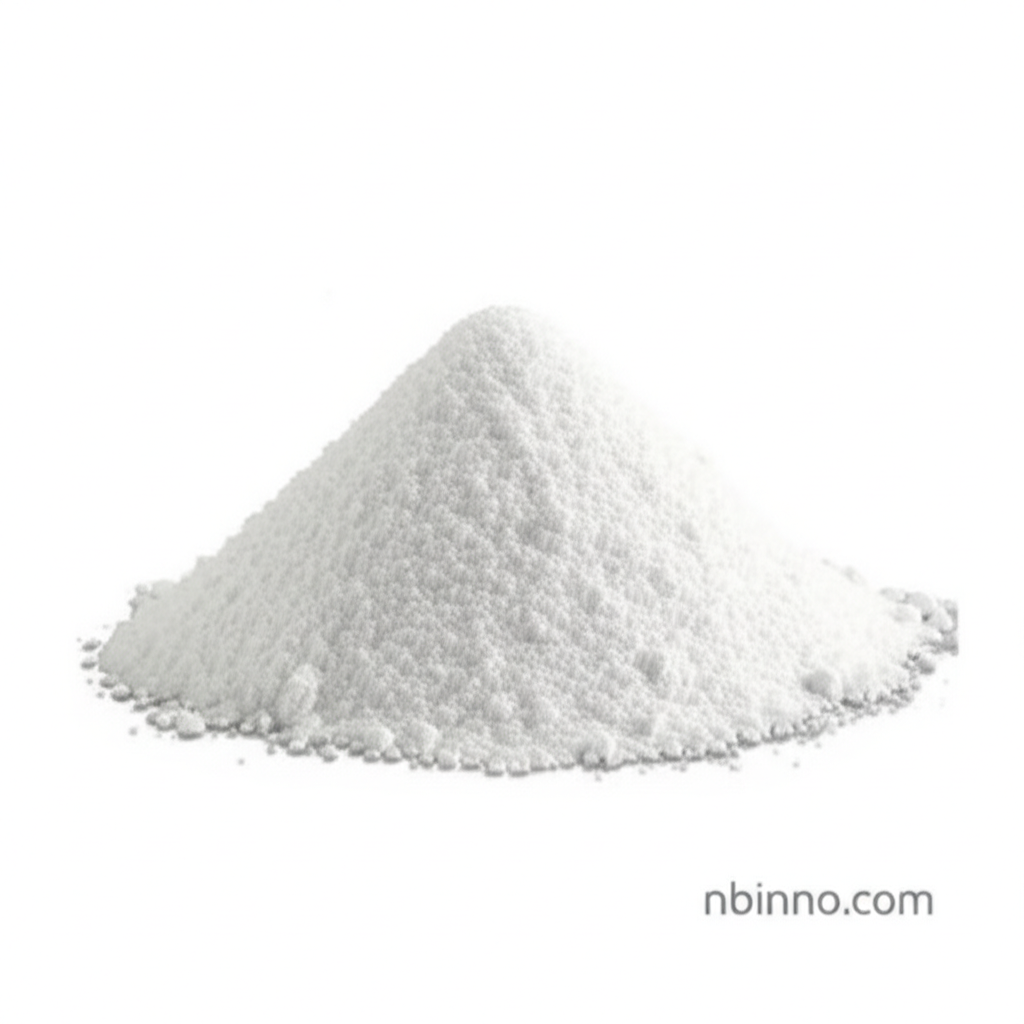Microcrystalline Cellulose (MCC 102): A Comprehensive Guide to Pharmaceutical Applications and Benefits
Discover the versatility and advantages of MCC 102, the cornerstone excipient for advanced pharmaceutical formulations.
Get a Quote & SampleProduct Core Value

Microcrystalline Cellulose Powder MCC102
Microcrystalline Cellulose (MCC) is a purified, partially depolymerized cellulose derived from plant fiber, widely recognized for its exceptional properties in pharmaceutical formulations. Its crystalline structure and porous particles make it a highly effective excipient.
- Explore the critical role of microcrystalline cellulose as a binder in ensuring tablet integrity and consistency, a key factor in pharmaceutical manufacturing.
- Understand the benefits of microcrystalline cellulose for direct compression applications, streamlining production and improving efficiency.
- Learn about the diverse applications of MCC in the pharmaceutical industry, from tablets to capsules, enhancing drug delivery.
- Investigate the superior compressibility and excellent flow characteristics that make microcrystalline cellulose a preferred choice for formulators.
Key Advantages of MCC
Exceptional Binding Properties
Microcrystalline cellulose acts as a strong binder, providing excellent cohesion for tablet formulations, which is essential for tablet hardness and stability. This characteristic is vital when considering microcrystalline cellulose as a binder.
Superior Compressibility
With its high compressibility, MCC facilitates efficient direct compression, allowing for simplified manufacturing processes and high-quality tablet production. This is a core benefit derived from microcrystalline cellulose for direct compression.
Enhanced Flow and Dilution Potential
MCC's physical properties improve powder flow and offer a high dilution potential, contributing to consistent weight and content uniformity in tablet and capsule manufacturing.
Key Applications
Tablet Diluent
As a diluent for tablets, MCC provides bulk and ensures accurate dosing, a fundamental use for microcrystalline cellulose filler properties.
Tablet Disintegrant
MCC's porous structure aids in tablet disintegration, promoting rapid release of active ingredients for enhanced bioavailability.
Capsule Filler
The excellent flow and compressibility of MCC make it an ideal filler for capsules, ensuring uniform fill weights.
Binder in Wet Granulation
MCC also functions effectively as a binder in wet granulation processes, improving the cohesiveness of granules.
